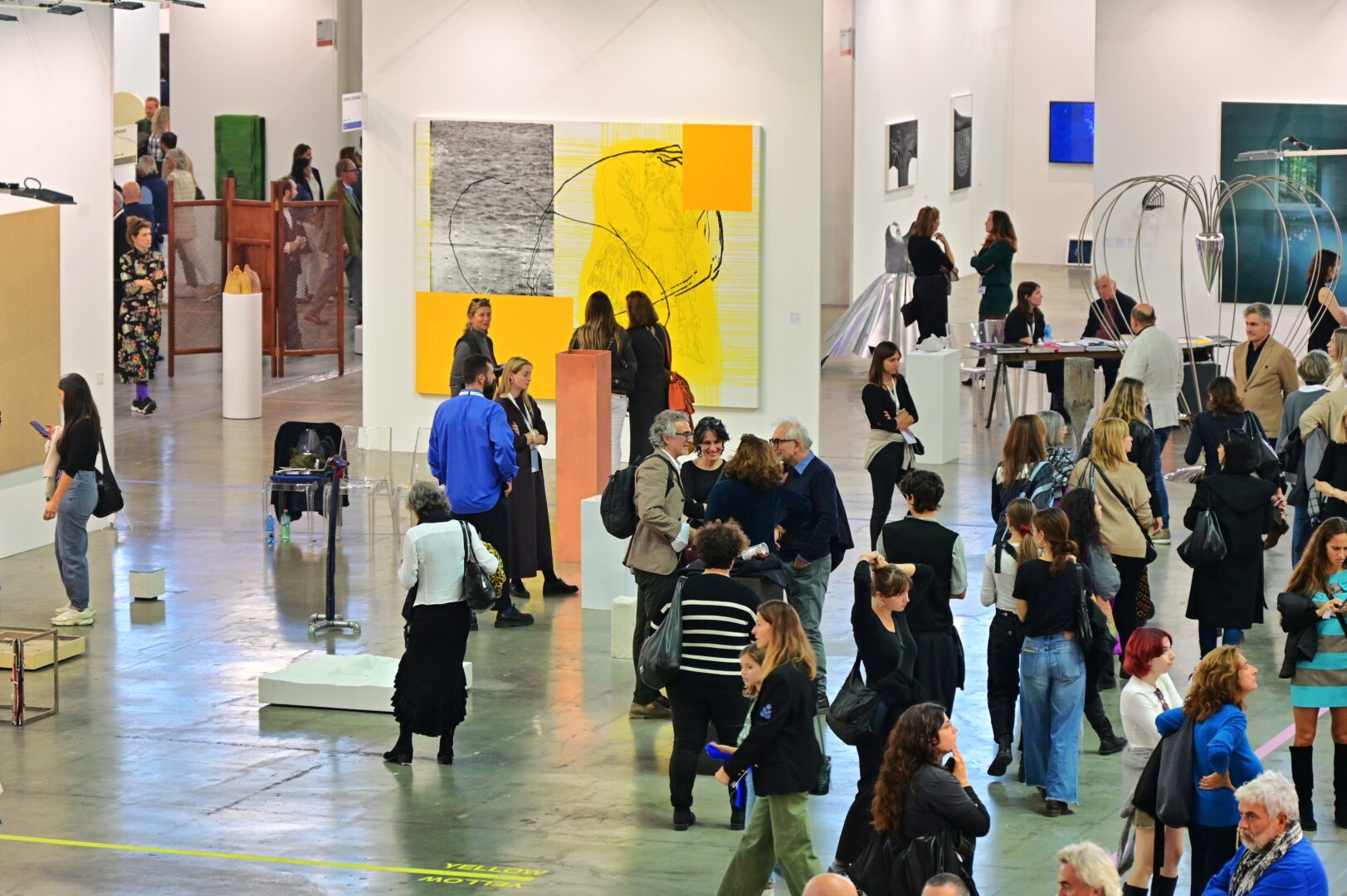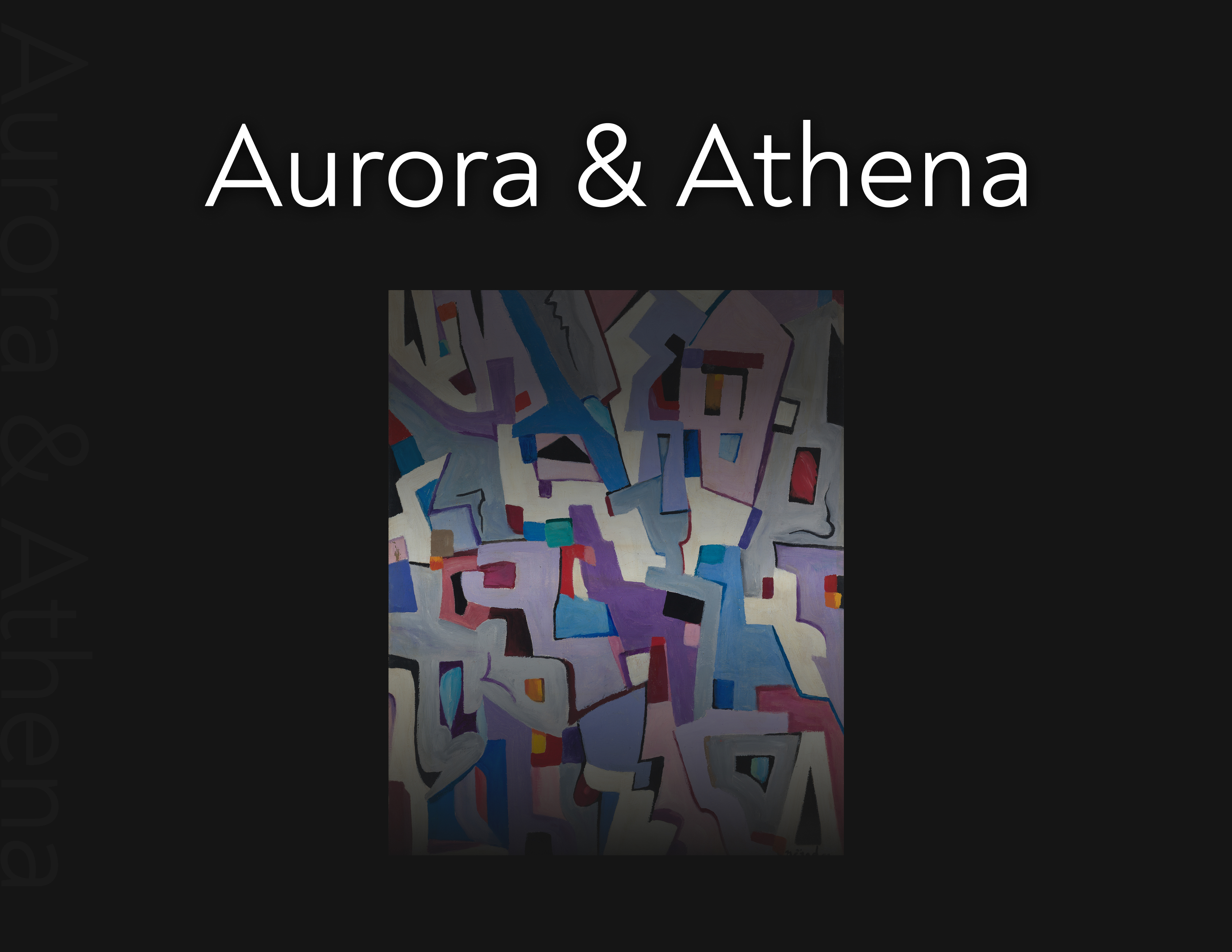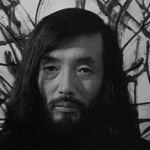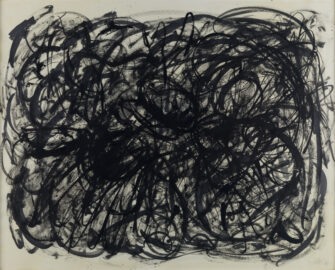
Revolutionary Art Market Trends 2025: Insights into Fine Arts
Explore the Art Market Trends 2025: A captivating look at the future of fine arts and watercolors, highlighting key insights for collectors, artists, and investors.

Sizes:
Frame: 68.5 × 84 cm | 26.9 × 33 in
Artwork: 63 × 79 cm | 24.8 × 31.1 in
Signed lower right “IMAI 81”.
Toshimitsu Imai’s Untitled (1981) is the culmination of the artist’s late work where he combined gestural abstraction and Eastern calligraphy. Black ink arcs flow and collide on the paper like the Art Informel movement he was part of in post-war Paris. The surface is expressive of control and spontaneity — each stroke full of intention, rhythm and movement.
Ink on paper this work shows Imai’s ability to translate emotion into gesture. The tension between the ink fields and the empty space is his ongoing dialogue between East and West — Japanese aesthetics and European abstraction. The result is an image that is both immediate and timeless.
Untitled (1981) is from the mature period of Imai’s work where his art became more introspective and monumental. It is the synthesis of spirit and matter that is his work — a visual balance of discipline and impulse, serenity and force.
Private Collection, Switzerland.
Good vintage condition with some signs of wear. Framed.
All lots are sold as is. See Section 4 of our Terms and Conditions for return policy.
All inquiries must be made prior to bidding, as no further details can be provided after the sale.
By placing a bid, you confirm that you have read and agree to our Terms and Conditions in full.

Toshimitsu Imai was one of Japan’s most important post-war abstract painters. He bridged Eastern and Western modernism. After studying in Tokyo he moved to Paris in the early 50s and joined the avant-garde circle of Jean Dubuffet and Michel Tapié. Immersed in Art Informel Imai developed a gestural, emotional style that merged Western abstraction with the spirituality of Japanese calligraphy. His surfaces and brushwork became symbols of cultural renewal in a generation searching for meaning after the war.
Throughout his career Imai’s work moved from lyrical abstraction to structured colour harmonies, always the dialogue between matter and spirit. He represented Japan at many international exhibitions including the Venice Biennale and the São Paulo Biennale and his work is in major museum collections around the world. In his paintings energy and silence coexist – a reflection of his lifelong quest to reconcile chaos and beauty through colour.
